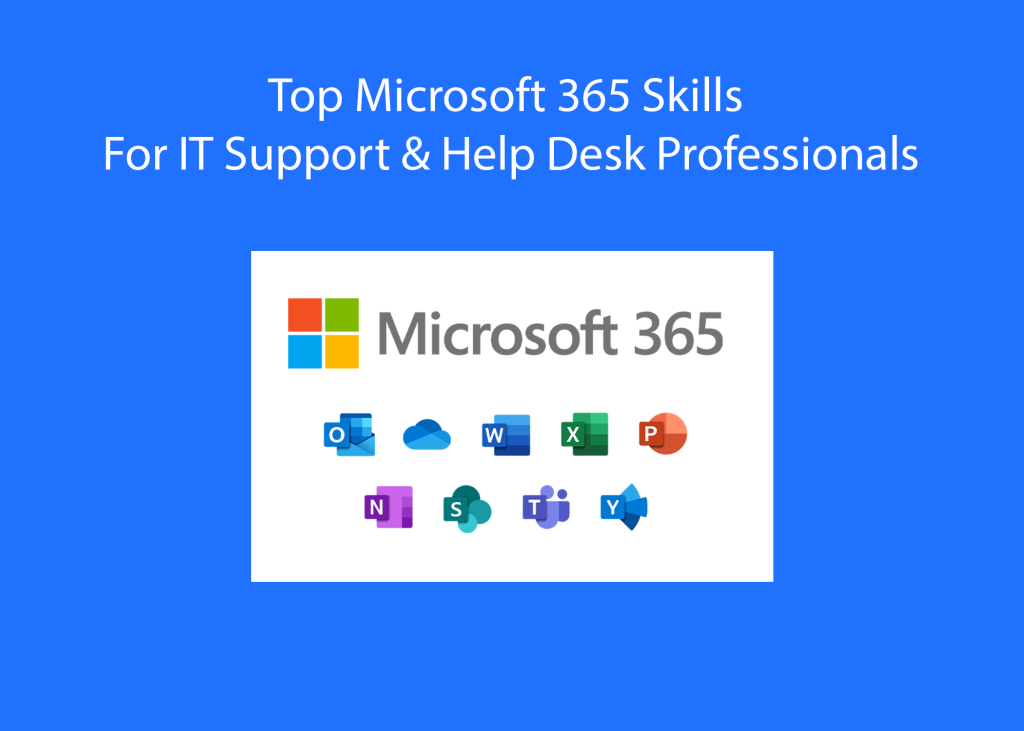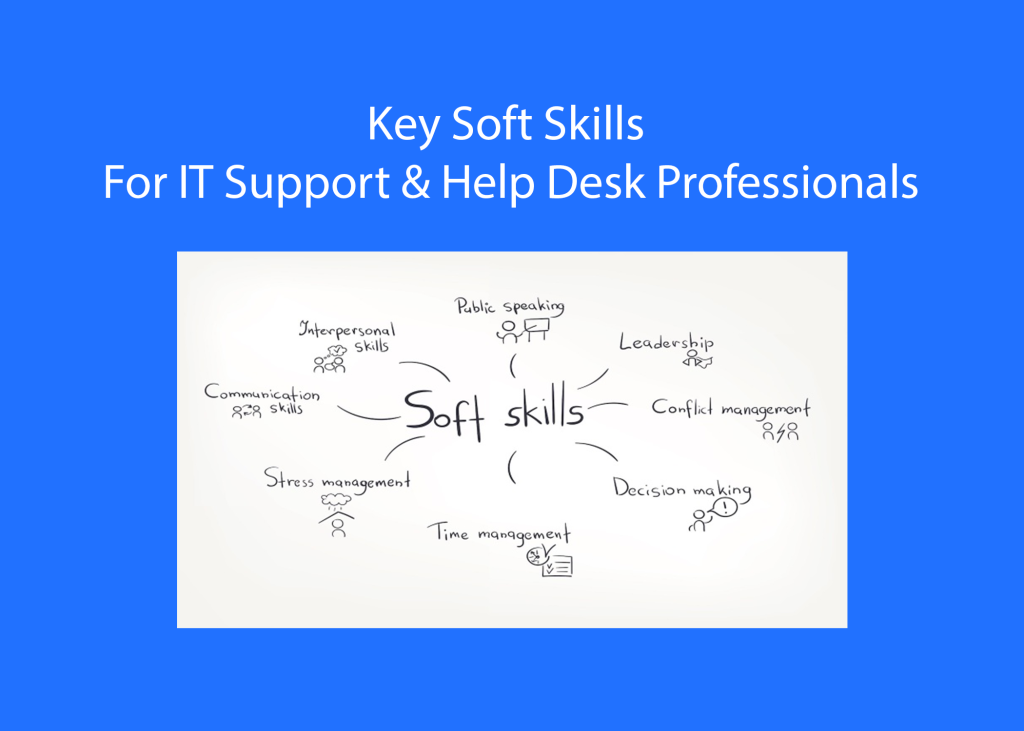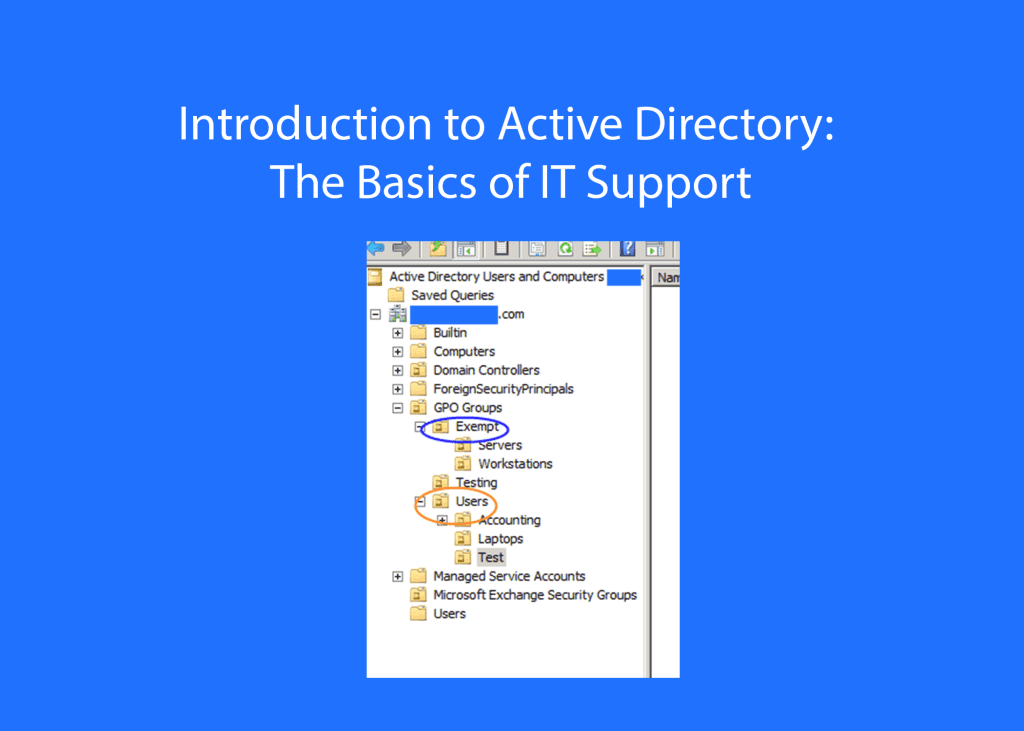Entering the world of IT Support and Helpdesk can be both exciting and challenging. As a cornerstone of modern business operations, IT support professionals ensure that technology runs smoothly, minimizing downtime and maximizing productivity. Whether you’re starting from scratch or transitioning from another field, this guide will help you navigate the path to a rewarding career in IT Support without the need for formal certifications.
Understanding IT Support and Helpdesk Roles
What is IT Support?
IT Support involves assisting individuals and organizations in resolving technical issues related to computer systems, software, and networks. This can range from troubleshooting hardware problems to configuring software and ensuring network security.
What is a Helpdesk?
A Helpdesk is a centralized team or platform where users can get assistance with their IT problems. Helpdesk professionals handle a variety of issues, including password resets, software installations, and troubleshooting common technical problems. They often serve as the first point of contact for IT-related inquiries.
Skills and Qualifications
Technical Skills
- Basic Hardware and Software Knowledge: Understanding the components of a computer, operating systems (Windows, macOS, Linux), and common software applications is fundamental.
- Networking: Familiarity with networking concepts like IP addressing, DNS, and basic troubleshooting of network issues.
- Problem-Solving: Ability to diagnose and fix technical issues efficiently.
- Customer Service: Excellent communication skills and a customer-focused attitude are crucial for dealing with non-technical users.
Soft Skills
- Communication: The ability to convey information clearly and effectively to users who may not have technical knowledge.
- Patience: Dealing with frustrated users requires a calm demeanor and the ability to remain patient while resolving issues.
- Empathy: Understanding the user’s perspective and demonstrating empathy can significantly enhance the support experience.
- Adaptability: Technology is constantly evolving, so the ability to quickly learn new systems and adapt to change is essential.
- Teamwork: Collaborating with colleagues to solve complex problems and improve processes.
- Time Management: Efficiently managing time to handle multiple tasks and prioritize urgent issues.
- Attention to Detail: Carefully addressing technical issues and following procedures to prevent recurring problems.
Navigating the Job Market
Crafting Your Resume
Your resume should highlight your technical and soft skills, along with any relevant experience. Tailor your resume for each job application by emphasizing the skills and experiences that match the job description. Get your resume reviewed by an expert from Ngana Tech here.
Job Search Platforms
- LinkedIn: Build a professional profile, network with industry professionals, and apply for jobs. To make sure you have a job-ready LinkedIn profile, get your profile reviewed from the below link by an expert from Ngana Tech.
- Indeed: A popular job search engine with a wide range of IT support positions.
- Glassdoor: Provides job listings along with company reviews and salary insights.
- Company Websites: Many companies post job openings directly on their websites.
Preparing for Interviews
- Technical Knowledge: Be prepared to answer hardware, software, and networking questions. Practical, scenario-based questions are common. Check here to familiarize yourself with common technical interview questions.
- Behavioral Questions: Employers want to assess your problem-solving and customer service skills. Practice answering questions about past experiences and how you handled specific situations.
- Practical Tests: Some interviews may include practical tests where you must demonstrate your troubleshooting skills.
Conclusion
Starting a career in IT Support and Helpdesk is a rewarding journey that offers numerous opportunities for growth and specialization. By acquiring the right skills, gaining practical experience, and staying committed to continuous learning, you can build a successful and fulfilling career in this dynamic field. Remember, the key to success is not just technical proficiency but also a passion for helping others and solving problems. Happy troubleshooting!
For more insights and resources to help you prepare, be sure to read additional articles like this one here.




